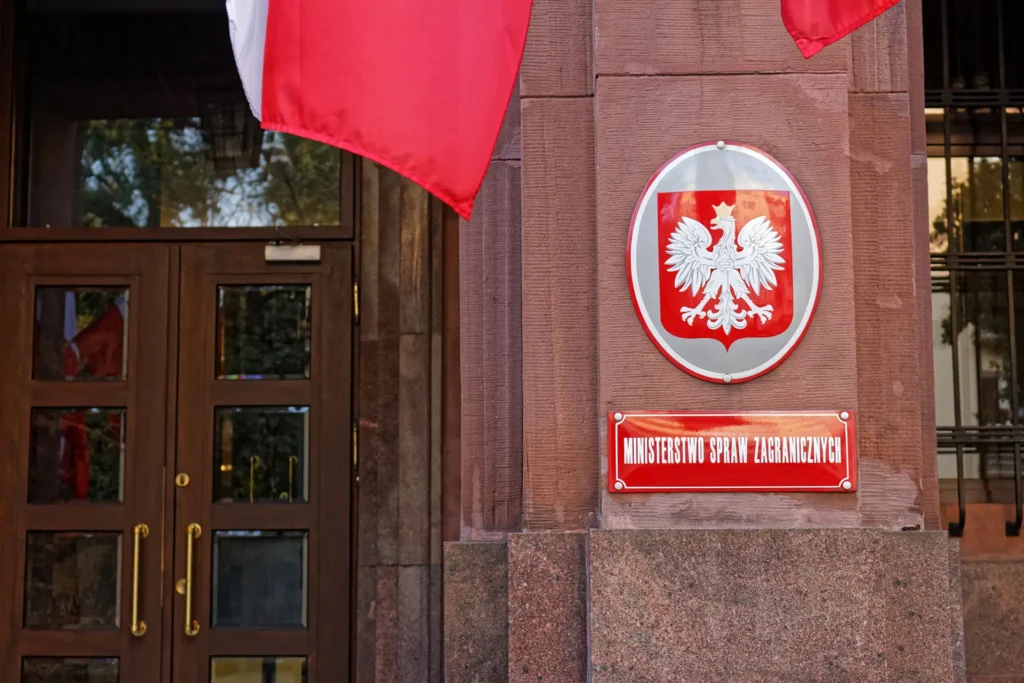As the Association of Polish Universities for Internationalization (APUI), we would like to take part in the discussion related to the publication of “White Paper on actions necessary to eliminate irregularities in the Polish visa system”. This document intensified the debate in the academic community about the procedures for obtaining student visas.
In line with our position, internationalization is an opportunity not only for universities associated with APUI, but also for all Polish universities. Growing globalization, mobility of students and researchers, and the need to build international research and educational cooperation make effective internationalization efforts crucial. One of the elements necessary in the internationalization process is the visa procedure, but it is not the biggest challenge.
Data published in the “White Paper” prove that over 153,000 visas with work permits were issued in 2022. At the same time, in the same year, 23,500 visas were issued to students and PhD students – please note that this is only 13% of the visas issued. The data provided in the above-mentioned publication also show that the share of foreign students starting their studies in the first year of studies and continuing it in the next year has not fallen below 50% for many years and ranges between 53-63%, which does not differ from the situation in other OECD countries. It should be noted that the percentage of students who did not complete the studies they started in our country, according to OECD data for 2023. is 31% – regardless of whether we are talking about students coming from abroad or students from Poland. The indicator is the same for private and public universities. Lack of continuation of education results from various issues, including those as prosaic as the wrong choice of field of study, but does not necessarily mean abandoning studies to take up paid work or migrating to other Schengen countries.
The increase in the number of foreign students in Poland, and therefore the increase in the number of student visas issued, is largely due to the war in Ukraine and Poland accepting many refugees from this country. According to data from Dr. Aldona Tomczyńska from the Data Science Team in the Laboratory of Databases and Business Analytics Systems at OPI, in 2019, 39,000 people from Ukraine studied in Poland. Currently, this number has increased to over 48,000 students of Ukrainian origin, which constitutes approximately 47% of all foreign students.
Universities offer tuition waivers for refugees and scholarship programs, thus making it easier for them to study. Nevertheless, universities recruiting foreign students are not a source of illegal influx of foreigners. On the contrary, they use strict verification procedures, and in the case of APUI, we have even more advanced requirements than those postulated in the “White Paper”. Thanks to these procedures, we get to know our candidates and know that they care about development and building their future through education, and not about staying for work purposes.
We would like to emphasize that the activities of APUI and our member universities focus on promoting international education and academic exchange in accordance with the highest standards. We use a three-stage recruitment system for foreign students, including verification of certificates, checking knowledge of the language of instruction and meeting other minimum criteria.
According to the latest data provided by the Information Processing Center (OPI) and the “Study in Poland” report, in the 2022/2023 academic year the number of foreign students at Polish universities exceeded 102,000, which was an increase of approximately 16,000 people compared to the previous year. Thus, the share of foreign students among the total number of students was 8.4%. However, despite this significant increase, Poland’s 8.4% internationalization rate is below the OECD average of 8.9%, ranking only 14th compared to other countries.
We want to emphasize that internationalization brings many benefits to Polish universities, such as increased prestige, building an inclusive and diverse academic environment and the ability to fill the gap caused by the demographic decline. At the same time, it requires taking strategic actions at the national and university levels, i.e. ensuring high standards of recruitment and education, as well as providing appropriate financial resources.
Poland, as a member of the European academic community, must face the challenges related to the internationalization of higher education. This requires, on the one hand, the development of effective mechanisms for the selection and verification of foreign candidates, but also the consistent implementation of programs and initiatives promoting Poland as an attractive field of study. Only in this way will we be able to fully exploit the potential of internationalization and effectively compete with other countries on the global education market.
Zdzisław Rapacki PhD
President of APUI



